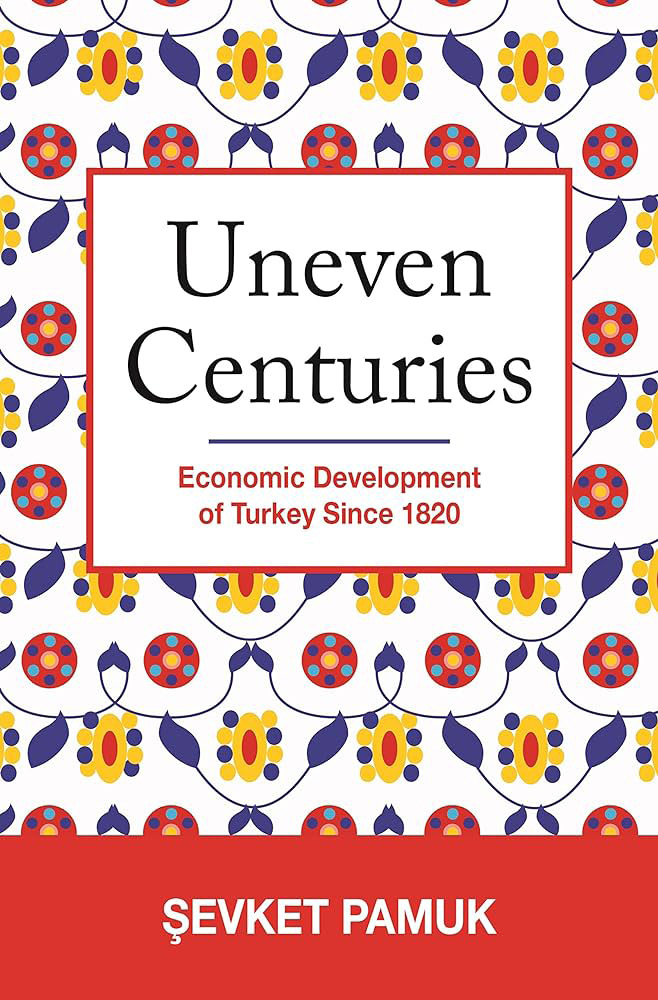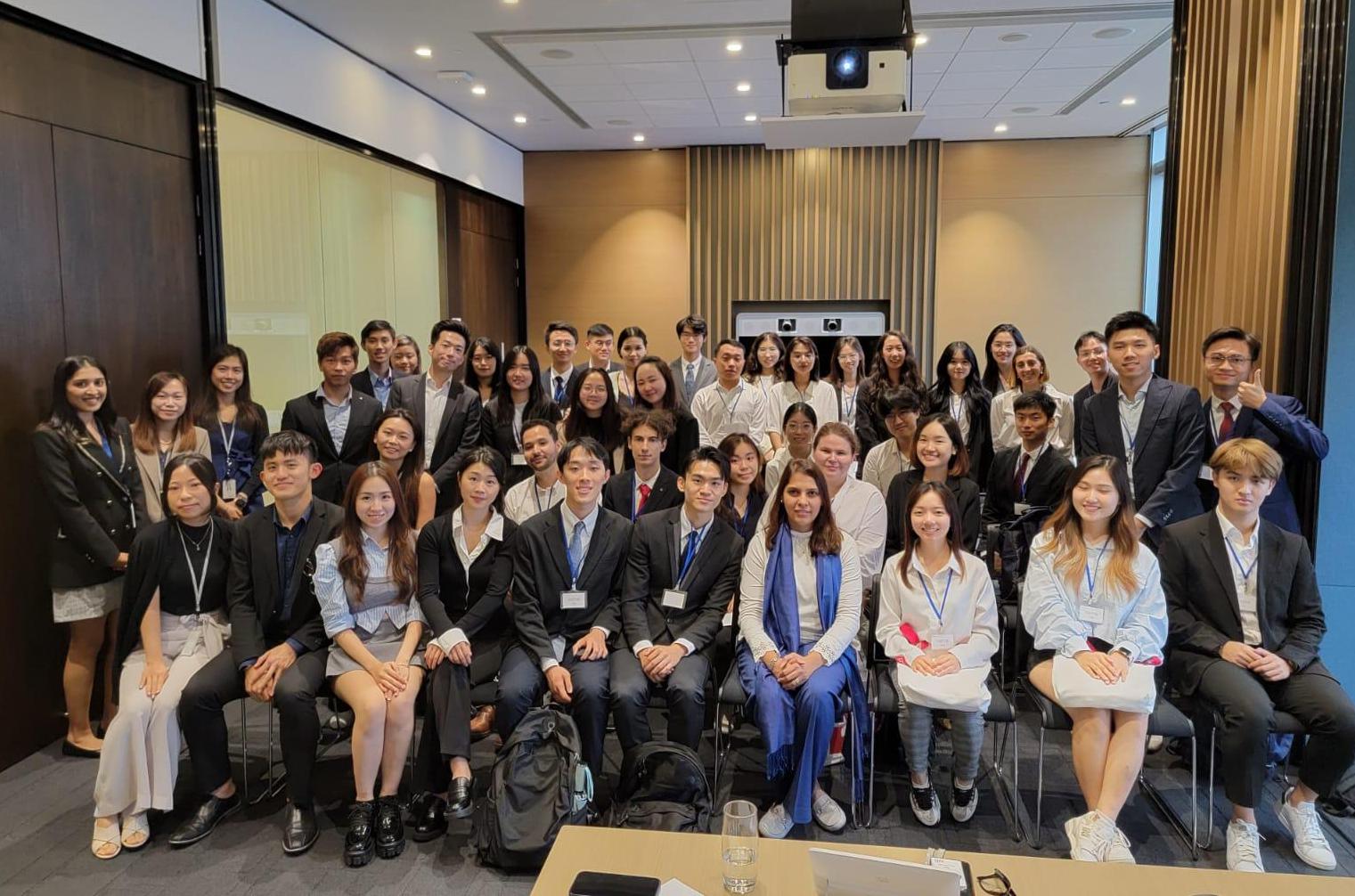Şevket Pamuk is Professor of Economics and Economic History at Boğaziçi University. He is also a leading economic historian of the Ottoman Empire, the Middle East and modern Turkey. In the interview with
PKU Financial Review, Professor Pamuk states that, one basic lesson to be drawn from Turkeys experience with economic development during the last two centuries is that politics and economic development go together.
PKU Financial Review: Your great book "Uneven Centuries: Economic Development of Turkey since 1820" has recently become available in Chinese and we have read it very carefully. In your book, from the beginning of the "Westernization" reform of the Ottoman Turkish Empire in 1820, or the establishment of the Turkish Republic in 1923, Türkiye's economic growth has been quite satisfactory, neither too bad nor too good. We feel from your writings that the Türkiye's strategy is lacking. For example, in the era of free trade, Türkiye did not protect the manufacturing industry well, resulting in the phenomenon of "deindustrialization", and then learned from the Soviet Union's state-owned enterprise system and Import substitution industrialization strategy. In the era dominated by Erdogan, Türkiye's economic growth has been particularly evident in real estate and infrastructure, and Erdogan insists on the weird creed that "cutting interest rates can actually reduce inflation". What do you think is the reason for Türkiye's moderate development? Is it because of the lack of a great national development strategy and leadership vision?
Şevket Pamuk: I would like to think that the case of Turkey has lessons for other developing countries and also for China. One basic lesson to be drawn from Turkeys experience with economic development during the last two centuries is that politics and economic development go together. Turkey has done better during periods of political stability and has done less well during periods of political difficulties. During periods of political stability, governments in Turkey have done a better job of defining a strategy of economic development and implementing it. Unfortunately, Turkey’s politics has influenced and shaped economic development in the wrong direction during the last 15 years.
PKU Financial Review: In fact, Türkiye's achievements in science and technology in recent years are very admirable. For example, Turkish scientists have made great contributions in biology, such as the development of messenger RNA-based vaccine approved for use against COVID-19. Another example is the surprising speed of development of Türkiye's automobile industry and shipbuilding industry in recent years. We are curious to know (although the answer is not given in your book), does Türkiye have some kind of future-oriented industrial policy to support the development of domestic technology industry? If so, how would you rate its efficacy?
Şevket Pamuk: As it is true for all countries and all peoples, there are lots of talented and well educated Turks who are capable of making strong contributions to science and technology. However, Turkey’s political and economic system does not always make it possible for these talented people to contribute to economic development in Turkey. As a result, many talented and well educated Turks have been going abroad in recent years to work in countries where they can be more productive.
About the second part of your question, compared to twenty or thirty years ago, the global conditions may be more suitable in the years ahead and allow individual developing countries to use industrial policy to achieve greater success with technology and industrialization. However, for successful industrial policy in the years ahead, Turkey’s political system need to function better and the political leaders need to embrace industrial policy as a goal with high priority.
PKU Financial Review: The history of Turkish lira is the history of drastic currency changes. The Turkish lira has been troubled by depreciation. Even in order to avoid currency risks, half of Turkish nationals' bank deposits are in foreign currencies. Do you think that Türkiye's entry into the Eurozone is the best response? In addition, if Türkiye fails to join the euro zone, will Türkiye's adoption of a digital Turkish lira help its currency stabilize(because digital currency can help enhance the central bank's ability to manage currency)?
Şevket Pamuk: I will begin with politics, again. Political instabilities and misguided economic policies in Turkey have often led to inflation and currency depreciations. In response, many Turks have chosen to keep their savings in foreign currencies. I do not think digital currencies can solve this problem. However, more reasonable economic policies can improve the problems of the lira in the future. In the longer term, if Turkey’s politics improves and Turkey makes progress towards membership in the European Union, membership in the Euro zone may be possible but those days look quite far away at the moment.
PKU Financial Review: We are not only your admirers, but also your big brother writer Orhan Pamuk. We have almost read most of Orhan Pamuk's novels, such as "Silent House", "The White Castle", "The Black Book", "The New Life," "My Name is Red," "The Museum of Innocence". Your brother's latest novel, “A Strangeness in My Mind”, has the same flavor of economic history as yours, which seems to lament the passing of Istanbul's multicultural heritage. In your opinion, what is the most important social change in Türkiye in recent years? Is it throwing away its tradition of diversity?
Şevket Pamuk: As in China, the most important process of social change in Turkey during the last 75 years has been migration from rural to urban areas with all its great implications for society, politics and economic development. I agree with you that rapid urbanization and its many consequences are at the background in both my brother’s “A Strangeness in My Mind” and in my book on long term economic development. My conclusion is that Turkey’s political system has not been able to handle well this powerful process of urbanization.















